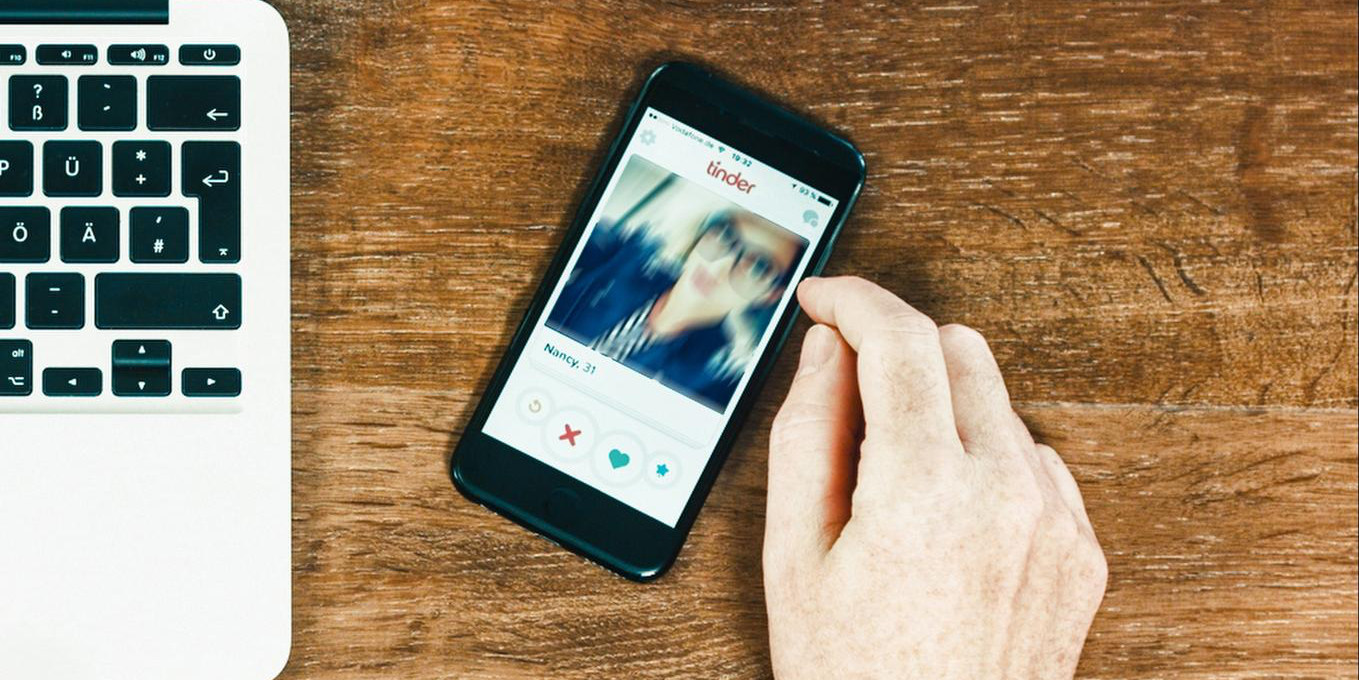A psychologist explains why you should have a 'screen sabbatical' to have more free time

How many hours of the day do you spend staring at a screen? Come up with a number. It's probably more than that.
Adam Alter, a psychologist at New York University, has spent the last five years studying the effects screens have on our lives and how much time they steal from us.
At TED 2017, he presented his results in three charts. He pointed out that the reason we always feel like we have no free time is because we literally don't.
Compared to 10 years ago, we spend a lot more time glued to our computers, phones, tablets and televisions. In 2007, we spent a relatively small amount of our free time looking at screens, but in 2017, they take up nearly all of it.
TED
In the charts, the blue sections show the time we spend asleep, at work, or on "survival" activities like eating and washing. The amount of time we dedicate to these hasn't changed much in a decade.
It's the red area that is the most interesting — the time in front of screens where we play games, read the news, watch shows, or scroll through social media.
Alter said in his talk that screens "rob us of stopping cues," which are signals that remind us to move on. The distraction and entertainment is constant, unlike a newspaper which finishes when you reach the end. Instead, there is no obvious time to stop — so we don't.
He added that we spend about 9 minutes a day on apps that leave us feeling good, like those relating to weather or our health. That's considerably less time than the 27 minutes on average we spend on apps that "make us feel worse" like gaming, news apps, or Tinder.

The solution, Alter suggested, is we set out phones aside at specific times to try and un-learn old habits. Basically, we are addicted to our screens and limiting their use will feel like a form of withdrawal.
"You get used to it," Alter said. "You overcome the withdrawal like you would with a drug, and life becomes more colourful, richer."
•The fabulous life and career of 33-year-old Facebook CEO Mark Zuckerberg, the fifth richest person on earth
• Your steak isn’t leaking blood — here’s what that red liquid really is
• Melania Trump wore a coat that costs more than most Americans earn in a year
Read the original article on Business Insider UK. © 2015. Follow Business Insider UK on Twitter.
Join our commenting forum
Join thought-provoking conversations, follow other Independent readers and see their replies
Comments
Bookmark popover
Removed from bookmarks